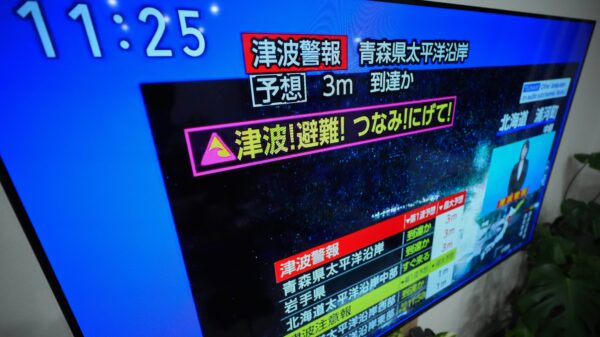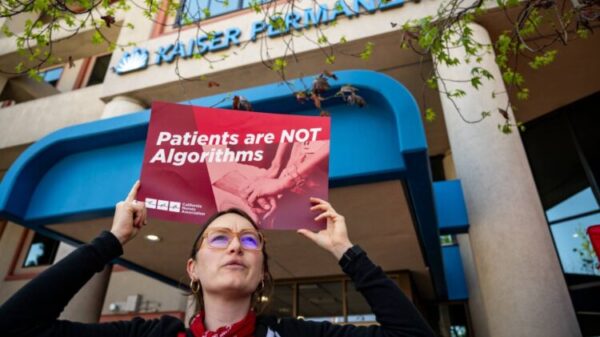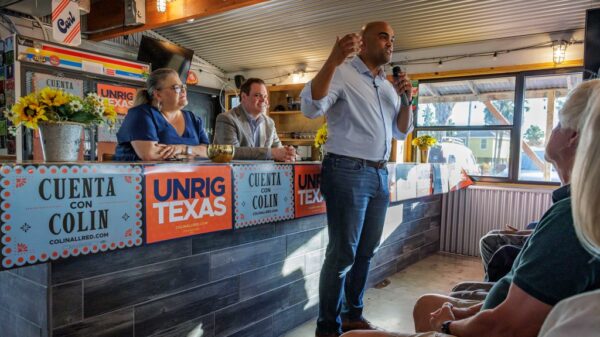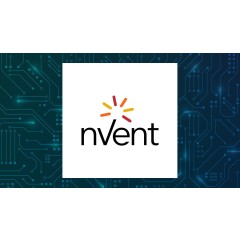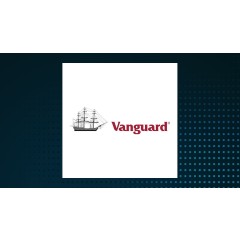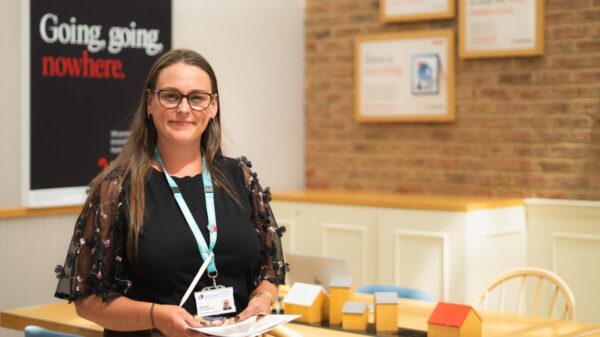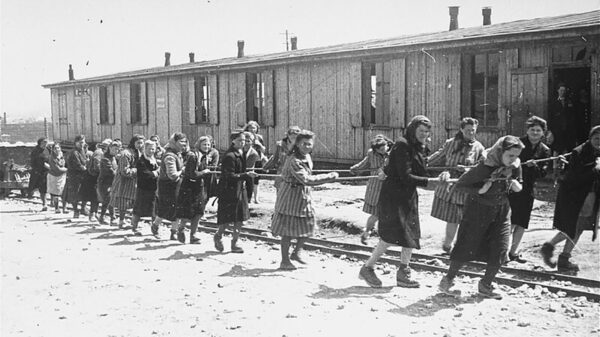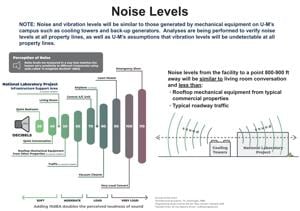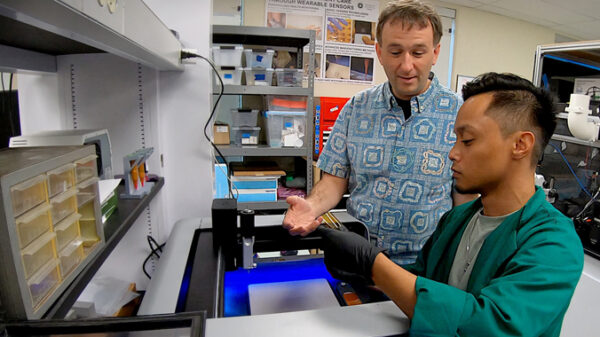In the 21st century, knowledge has become an essential currency, driving personal and societal advancement. As the global landscape evolves, the ability to access, understand, and apply knowledge is crucial for adaptation and innovation. This shift underscores the importance of unlocking knowledge for individuals and communities, fostering both personal growth and societal progress.
The Foundations of Knowledge
Knowledge comprises information, skills, and understanding acquired through experience and education. It spans diverse disciplines and cultures, evolving since ancient civilizations where philosophers pursued understanding. Today, the internet provides unprecedented access to vast resources, enabling individuals to tap into a wealth of information.
Despite this digital abundance, many still face barriers to accessing knowledge. Economic disparities, educational inequality, language differences, and technological gaps hinder individuals, particularly in underserved regions. Addressing these obstacles is vital for democratizing knowledge and ensuring equitable access for all.
Strategies to Unlock Knowledge
Fostering a culture of lifelong learning is one effective strategy. Education must extend beyond formal schooling; it should be a continuous journey through workshops, online courses, and community classes. Such opportunities empower individuals to acquire new skills and insights, enhancing their personal and professional lives.
Embracing technology plays a crucial role in overcoming the digital divide. Initiatives aimed at providing access to technology and digital literacy training help individuals navigate the online knowledge landscape. E-learning platforms and virtual collaboration tools can enhance knowledge acquisition for those eager to learn.
Creating collaborative spaces also fosters knowledge sharing. Libraries, community centers, and co-working environments can serve as incubators for creativity and peer learning. By encouraging teamwork and breaking down silos, individuals can share expertise and deepen their collective understanding.
Promoting open access initiatives is another significant step towards democratizing knowledge. By providing free access to academic papers and research findings, institutions can ensure that valuable information is available to all, regardless of socioeconomic status.
Encouraging critical thinking is essential in an era of information overload. Individuals must learn to discern credible sources, analyze content, and form informed opinions. Educational programs should prioritize these skills to prepare individuals for effective decision-making in a complex world.
Community-driven knowledge networks can also enhance learning. Book clubs, discussion groups, and online forums provide spaces for sharing perspectives and wisdom, ultimately enriching both individual and collective intelligence.
The impact of unlocking knowledge can be transformative. On a personal level, access to information fosters empowerment and growth. As individuals develop new skills and confidence, they become better equipped to navigate challenges and contribute positively to their communities.
At a societal level, widespread access to knowledge drives innovation, economic development, and social equity. Informed citizens are more prepared to engage in civic life, advocate for change, and participate in democratic processes. A well-informed populace is essential for sustaining democracy and addressing global challenges, including climate change and social injustice.
In summary, unlocking knowledge is a collective responsibility that demands active participation from individuals, educational institutions, governments, and organizations. By fostering environments that prioritize learning, collaboration, and open access to information, society can harness knowledge for the greater good. The journey toward unlocking knowledge is ongoing, and it is imperative to ensure that everyone has the opportunity to learn, grow, and thrive in an interconnected world.






